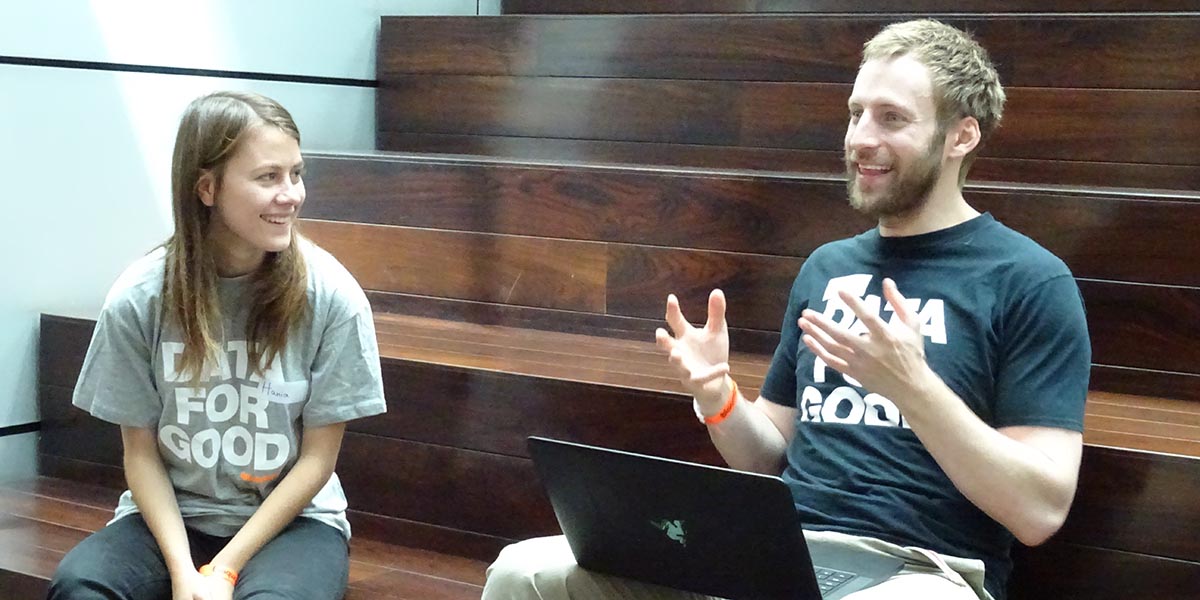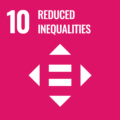How data scientists are tackling hunger and social change
Categories: NEWS, INCLUSIVE RESEARCH
Tags: SDG10, DataKind, SDG1
 You can’t feed the world with data – or can you? For an organization like FareShare, data can be a vital tool in tackling hunger.
You can’t feed the world with data – or can you? For an organization like FareShare, data can be a vital tool in tackling hunger.
For the UK’s largest charity fighting hunger and food waste, the data revolution has the potential to transform the work they do with the nearly 7,000 charities and community groups in their network. FareShare saves good surplus food from retailers and manufacturers across the food industry and delivers it to charity members – from children’s breakfast clubs, to community centres, to foodbanks and domestic violence refuges – operating in more than 1,300 villages, towns and cities across the UK. The food FareShare distributes helps feed more than 484,000 people in need every week.
“Thousands of people live in food poverty in the UK,” explained Ruth Peacegood, Food Sourcing Coordinator at FareShare. “A lot of those people are forced to use food banks, but our work also involves charities that are looking to find an answer to the social problems that leads someone to their door in the first instance.”
For example, a drug rehabilitation charity might bring people in with the promise of a hot meal, and from there offer counselling and other rehab services. For the breakfast club at a primary school, it’s about ensuring students go to their classes with full stomachs and focused minds, helping them to do well throughout the day. Elsewhere, a community organization might provide elderly people with their only real opportunity to socialize each week.
Earlier this year, FareShare started working with DataKind, a global organization and partner of the Elsevier Foundation. DataKind helps mission-driven organizations take data science techniques to the front lines of charitable work.
- Read the full article on Elsevier Connect: “How data scientists are tackling hunger and social change”, Ian Evans, 7 December 2017


















